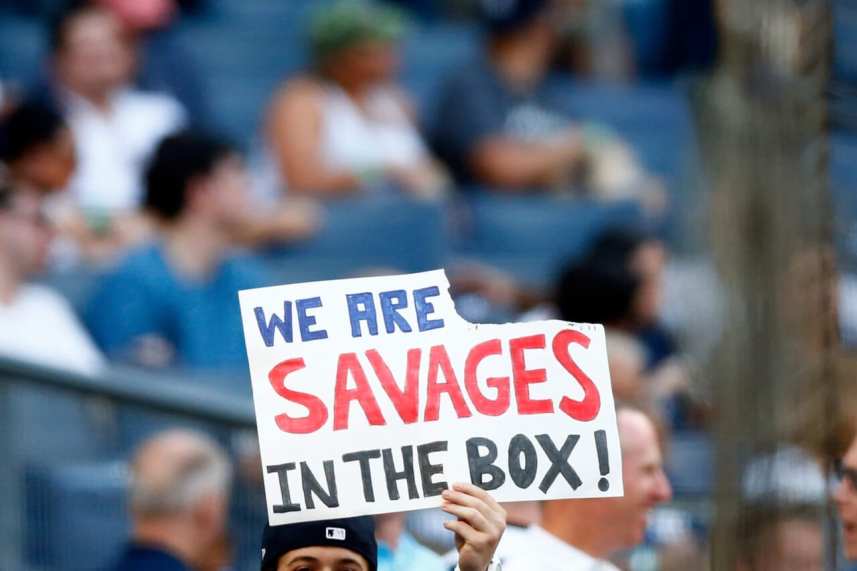
As the MLB negotiations with the players association have continued to drag on, an Opening Day of July 4th is slipping away. We were all hoping a deal would be in place by now, but we still seem to be far from one. This is scaring everyone into thinking that there won’t be a 2020 baseball season, at all. However, baseball is a guarantee in 2020. The question is, in what capacity?
The prorated salary deal
One of the biggest things that we’ve talked about over the last few months is the prorated salaries that players agreed upon in March. This means they get paid according to how long the season is. If they play half the season, they get half pay. The big catch with the agreement is that the commissioner can implement a season of any length, as long as players are getting prorated salaries.
Right now, the MLB seems to only be willing to play 50 games for players to get prorated salaries. They may be willing to go up to 60 games, but that would likely be the max. The commissioner can implement this at any point, but the league is still hoping to complete a deal with the players union.
Another idea being floated around the MLB is possibly asking players for a 20% cut from prorated salaries to play an 82 game season. If that gets proposed to the players union, they will likely reject that.
If both sides continue to hold firm on their economic wants, we will probably only see a 50-to-60 game season. It will be great to see baseball, but in my opinion, you can’t crown a World Series champion off that many games. It gives bad teams a chance to sneak into the postseason if they start off hot, and it could be hard to see which bubble teams are legit. For example, the Nationals started last season 19-31 after 50 games and won the World Series.
I don’t think that the MLB will eliminate the World Series in a 50-or-so game season, but whoever wins will have a huge asterisk. Everyone, including the players, need to ask themselves: is a 50 game season really worth it?